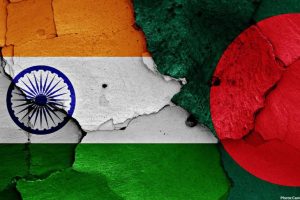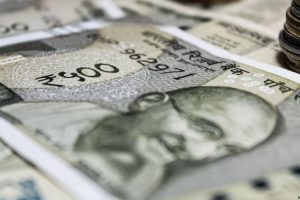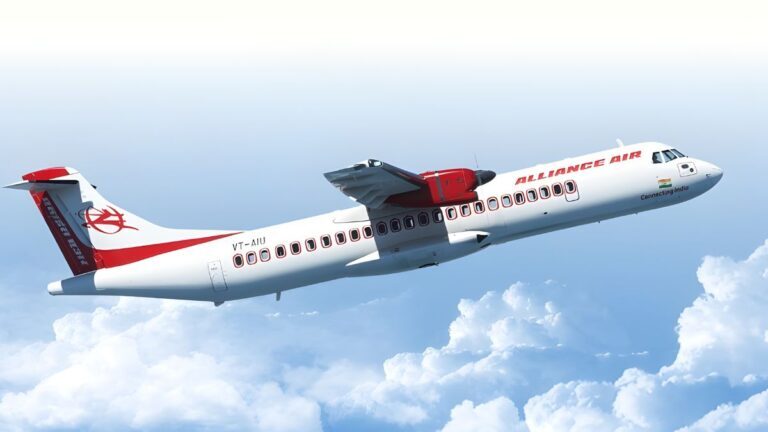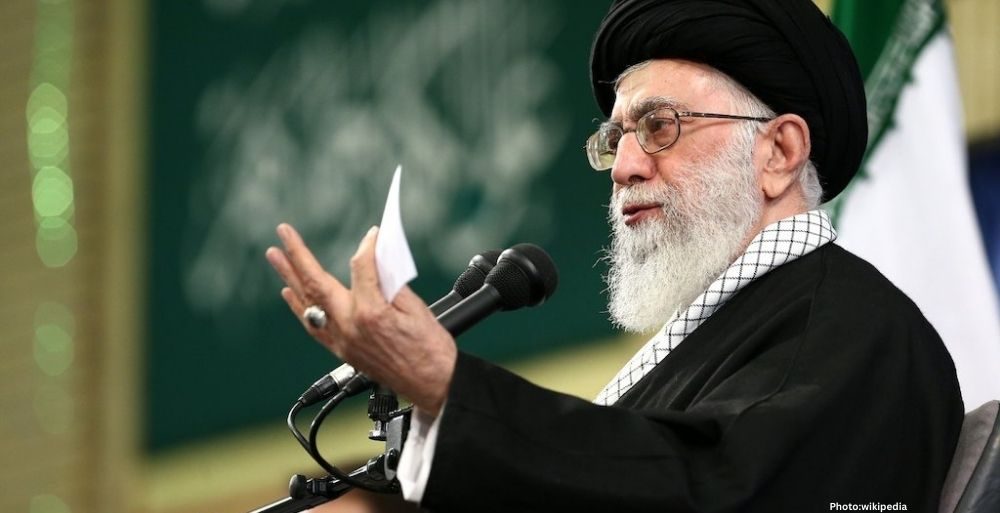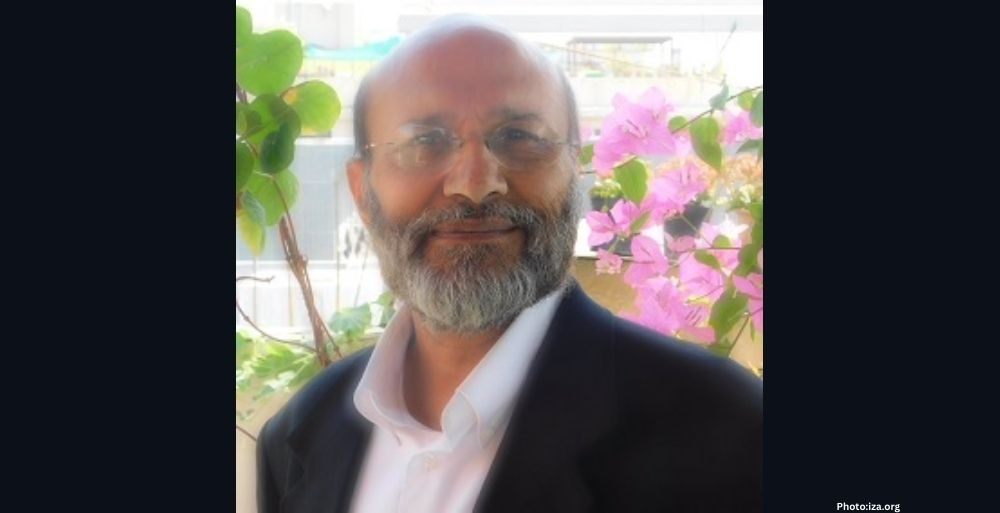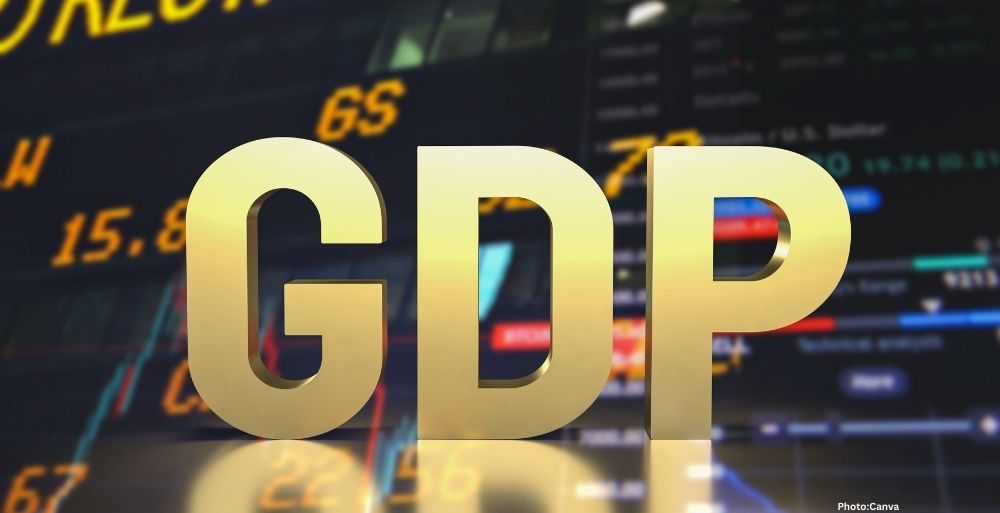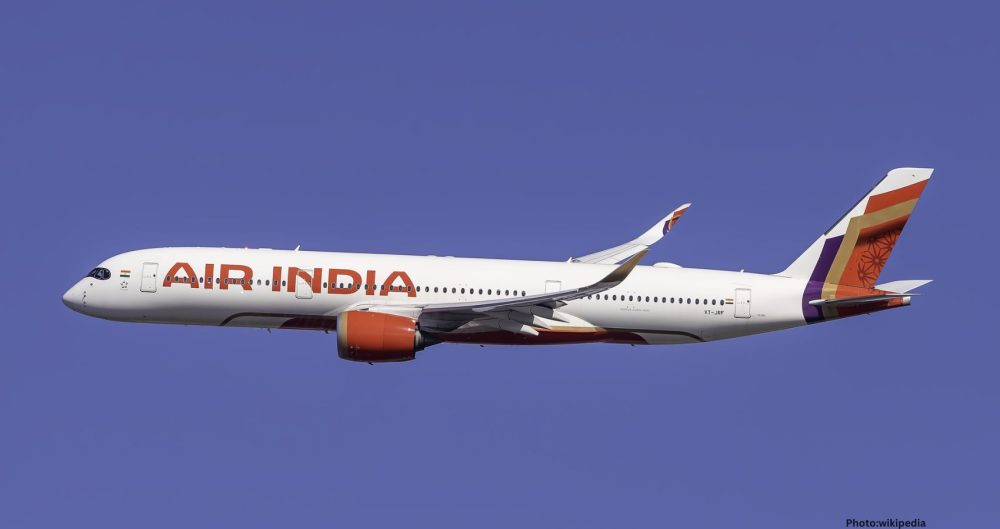The Indian government has introduced a bold new airfare scheme for its state-owned regional carrier, Alliance Air, under the banner “Fare se Fursat” (freedom from fare stress). Under this pilot program, ticket prices remain fixed—regardless of when they are booked, even on the day of travel.
The initiative will be rolled out from October 13 to December 31, 2025, on selected routes, to test its practicality and gather customer feedback. The fixed fare model seeks to curb the unpredictability that plagues dynamic pricing and ease the burden on travelers.
At the official launch, Union Civil Aviation Minister Rammohan Naidu highlighted that the government aims to align this move with the UDAN (“Ude Desh ka Aam Nagrik”) scheme, stressing affordability and broader accessibility. He also mentioned that prior efforts—such as Udan Yatri Cafés (offering tea at ₹10, coffee at ₹20, snack items similarly priced)—reflect a pattern of making air travel more considerate to passengers.
Traditionally, Indian airline fares fluctuate depending on demand, timing, and competition—a system that often puts last-minute flyers and those from smaller cities at a disadvantage. This fixed fare model is expected to especially benefit travelers in Tier 2 and Tier 3 cities connected by Alliance Air’s network.
Alliance Air currently flies to 59 domestic destinations and one international route (from Chennai to Jaffna), with a fleet that includes ATR-72, ATR-42, and Dornier aircraft. The airline is integral to India’s regional connectivity efforts.
If successful, the “One Route, One Fare” approach could reshape how domestic air travel is priced in India, reducing fare volatility and encouraging more first-time flyers to choose air travel over slower alternatives.


